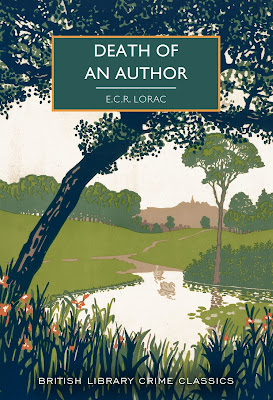#SixBooksSaturday is my personal monthly bookish meme, inspired by Six Words Saturday, which I've stumbled upon @ Travel with Intent. It's basically to list six books of random category, which I'd decided on the spot. Anything is possible according to my whim. I post Six Books Saturday on last Saturday of each month. If you're interested, you are, of course, welcomed to join me. There's no rule, really. You can post six anything about books. I just realized that I have been reading more than a few books about horse lately. I always love horses - in books or movies I mean. I tend to love every book with horse that I've read so far, so why don't I feature the creature in this month's Six Books Saturday? Here they are...
SIX MOST MEMORABLE HORSES IN BOOKS
Beauty in Black Beauty (Anna Sewell)
My love for the equine was probably started when I read
Black Beauty. Anna Sewell did a fantastic job in bringing the horse to life. A beautiful book about a beautiful creature!
Joey in War Horse (Michael Morpurgo)
Joey the
War Horse is probably the most sensitive horse I've read so far. His personality made the book shone, more than his handsome appearance, with chestnut color, four equally white socks and a white Cross on his forehead.
Gabilan in Red Pony (John Steinbeck)
I think Gabilan's memorable feature for me is his color - red (he must look quite striking!) and his name. Poor Gabilan
the red pony!
Paras in Perestroika in Paris (Jane Smiley)
(I have just finished reading the book for Paris in July, but the review would be up next week.)
Paras, short of Perestroika (what a name for a horse!), is a horse with the most interesting character I've ever read. She's so cheerful and inquisitive that her life as a racehorse didn't dampen her spirit at all. She's also kindhearted and amiable that her presence is always uplifting for others. I love her!
Battaile in Germinal (Emile Zola)
Okay,
Germinal isn't about horse at all. Battaile is a minor character too, and there's little of him that we know of, apart from his being brought down to the coalmine from his early life. But his plight is so touching that makes him very memorable. The miners are able to go up again after work, but Battaile never see the sun again for the rest of his life, and that broke my heart more than the miners' sorrows!
Misty in Stormy, Misty's Foal (Marguerite Henry)
What I love most about Misty is... her name!
Misty is such a gentle soul, that the name Misty matches her perfectly. |
Honorable mention:
I have to mention this one, even though his (or her? I think it's a he) role isn't that important. But how can you forget a racehorse called Potato Chip in a Wodehouseian universe who won't prance unless his BFF of a cat is present. Cute, isn't it?
Have you read any of them? Which one is your favorite?
Next Six Books Saturday: 27th July 2024.











































